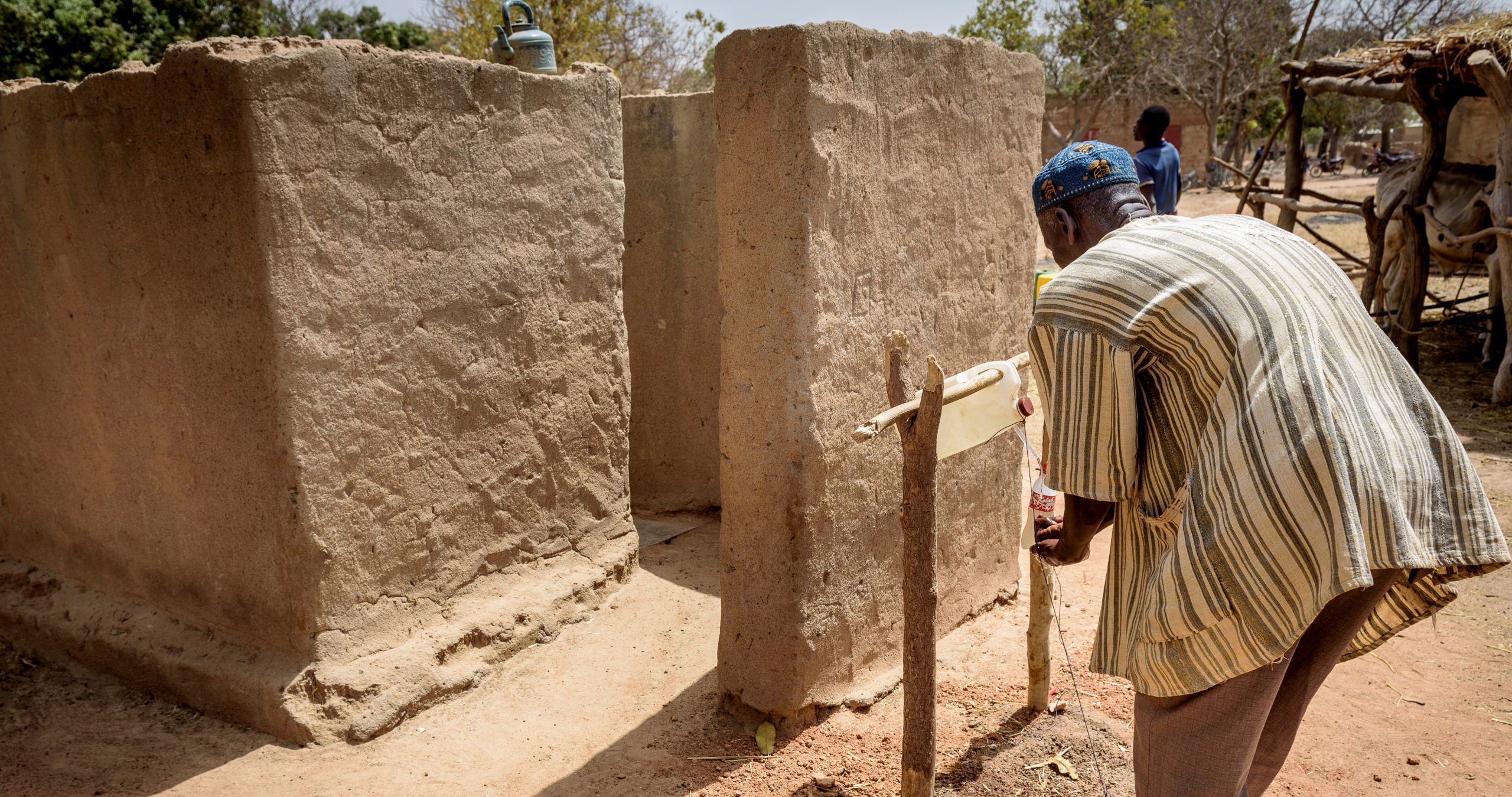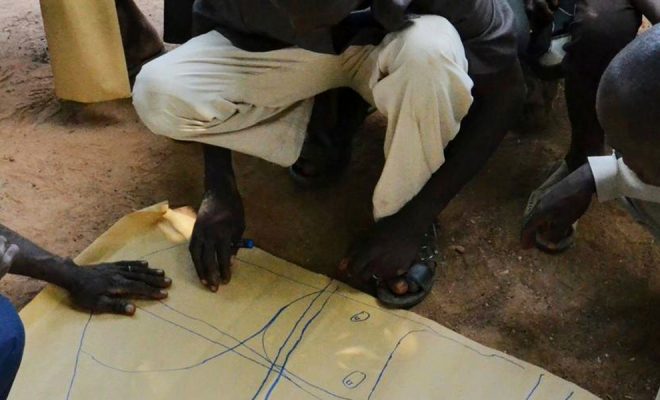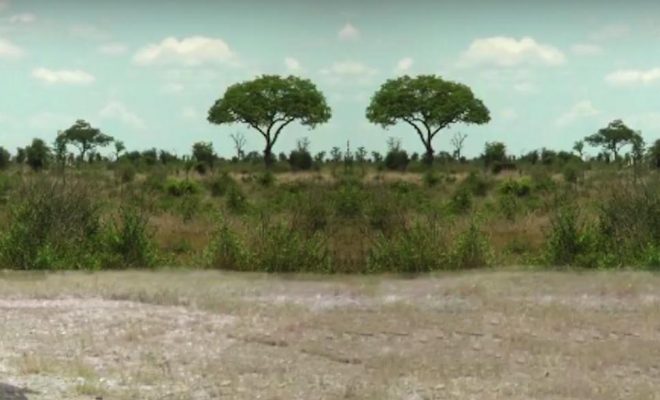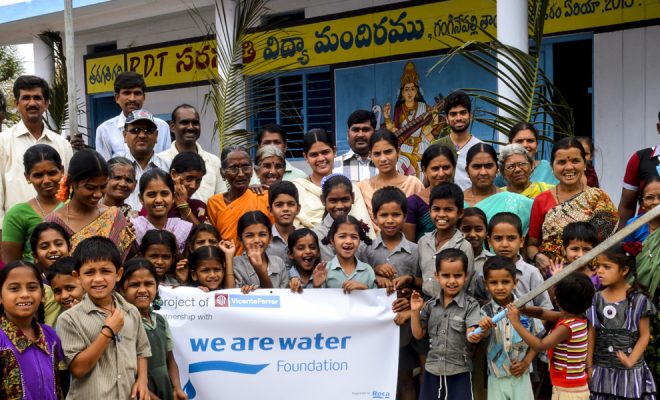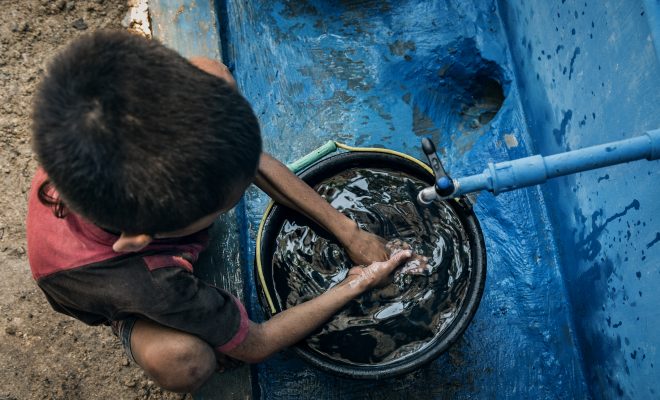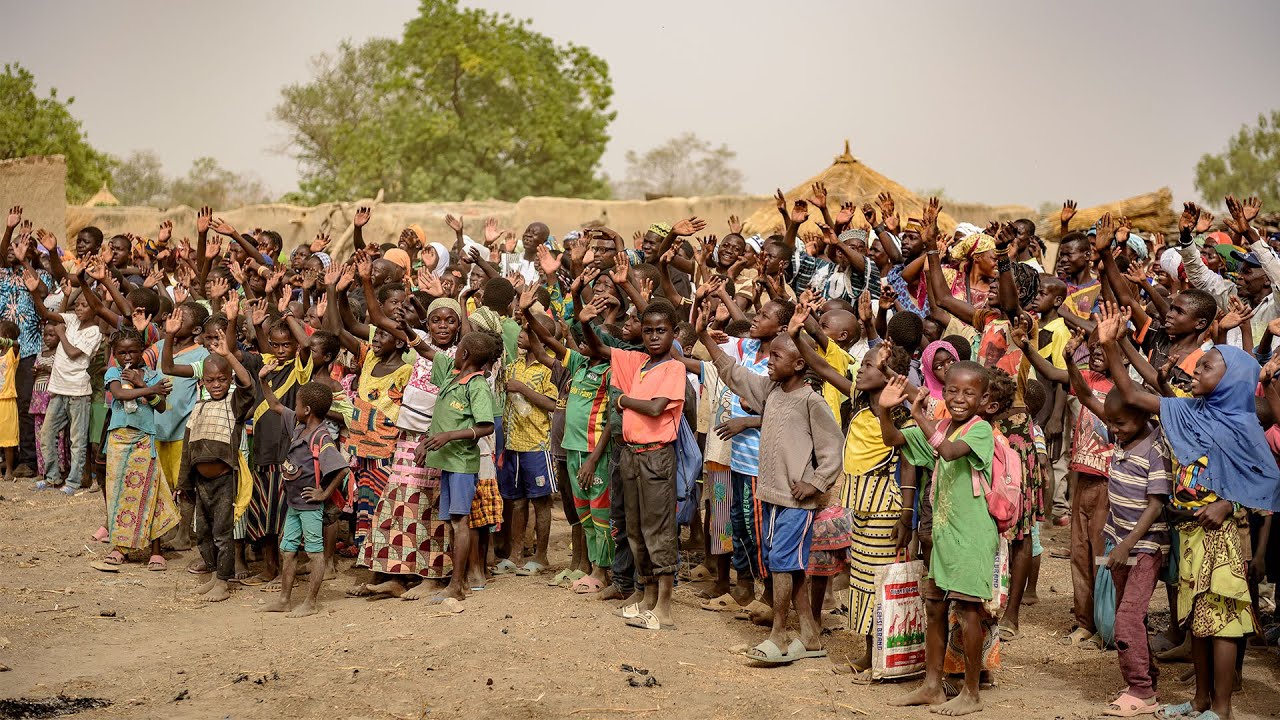
The fact that a community is capable of eradicating open defecation, officially being “Open Defecation Free” (ODF), is a significant hygienic achievement for public opinion in developed countries, and it certainly is. But, for most of those who have a WC connected to a safe sanitation system, what is less obvious is that ending defecation in open fields, streets or surface water is a breakthrough that enables any community not only to save lives, but to lift itself economically and socially out of poverty.
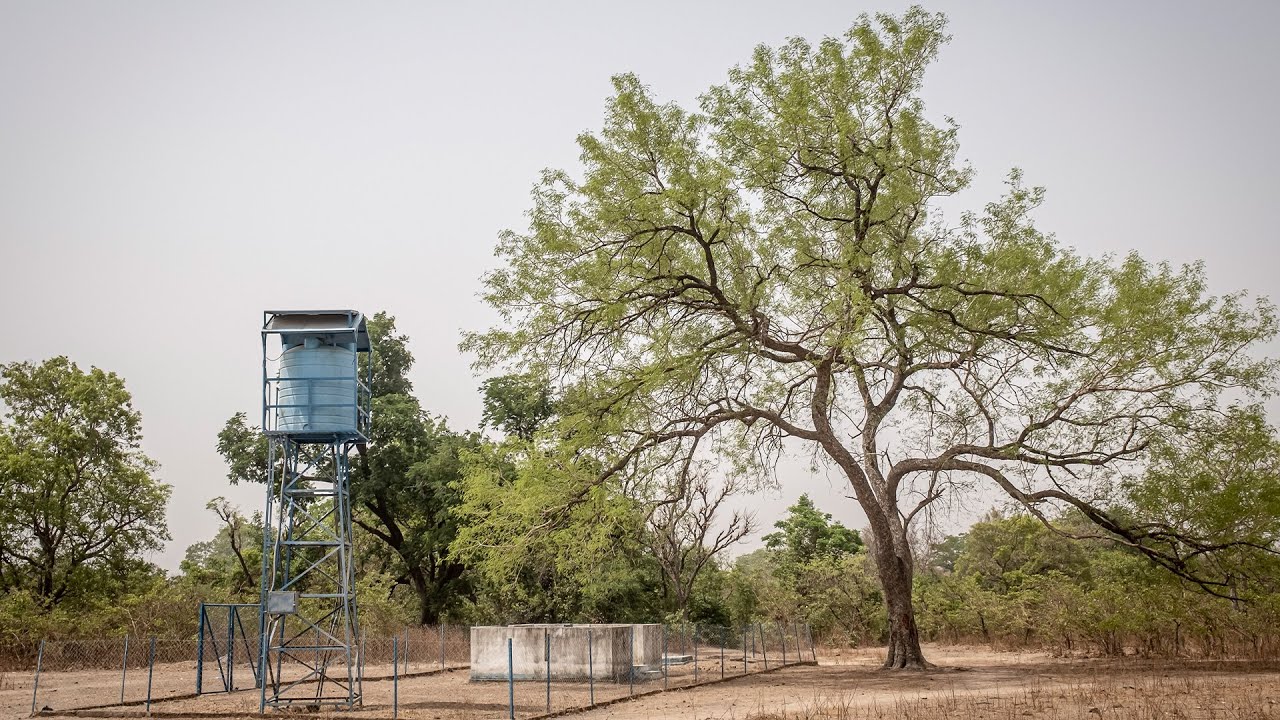
This is an essential achievement of SDG 6, which the 193 countries at the United Nations General Assembly agreed should be completed by 2030. And it is a major challenge because, according to internationally agreed data, among the 2.1 billion people in the planet who lack safe sanitation facilities, which guarantee that its users do not come in contact with feces, there are more than 670 million people who do not have any kind of toilets or latrines and have to defecate in the open.
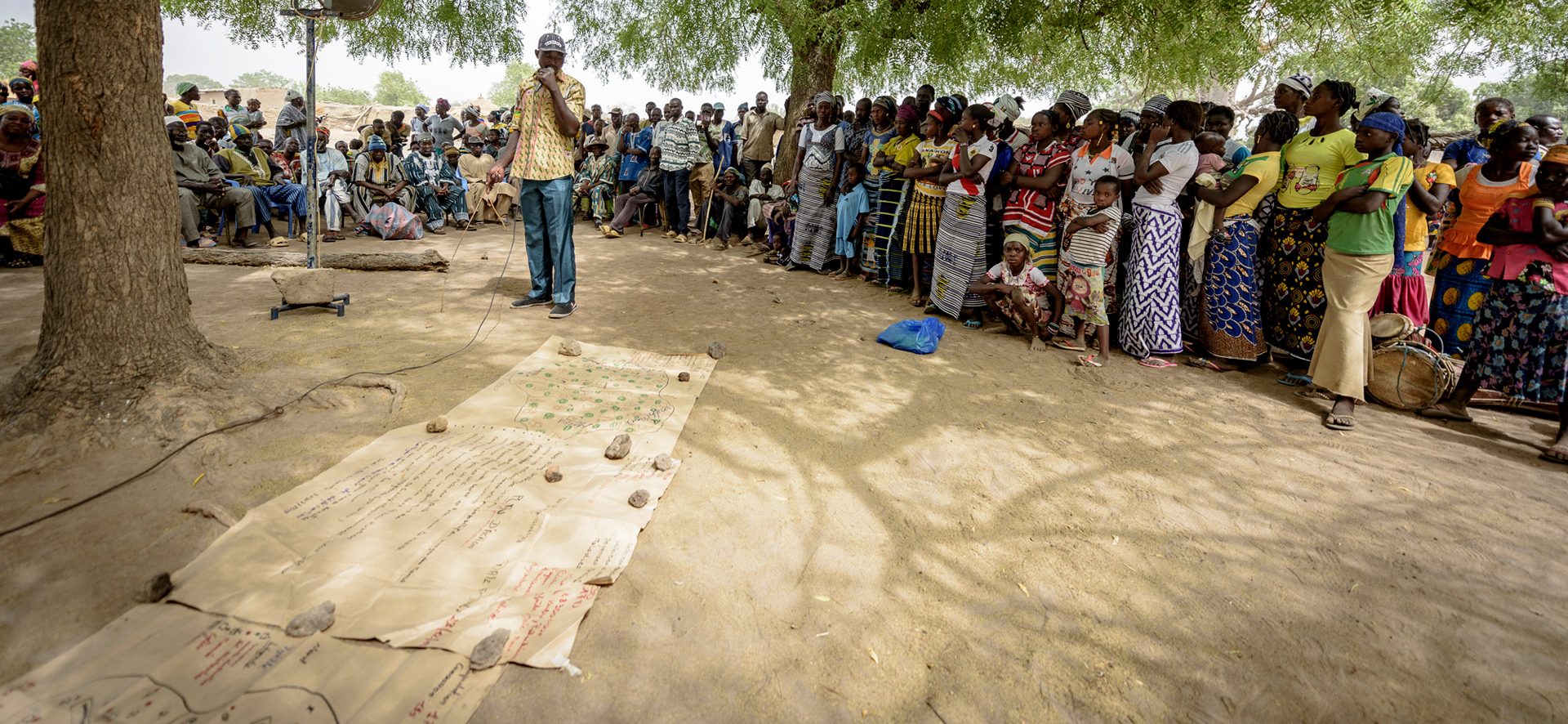
The fact that Sissili, one of the provinces in Burkina Faso, has achieved ODF declaration is a particularly significant and hopeful first step. © Carlos Garriga/ We Are Water Foundation
Sissili, the hope of Burkina Faso
The fact that Sissili, one of the provinces in Burkina Faso, has achieved ODF declarationis a particularly significant and hopeful first step. Located in the focal point of neglect, the Sahel region, Burkina Faso is one of the poorest countries in the world and one of the areas on Earth where open defecation is most widespread. There, the struggle for the construction and use of safe latrines runs parallel to that of access to water, another serious deficiency that hinders the development of the region: in practically all rural areas in the Sahel it is common that only 2 out of 10 inhabitants have access to a safe water source.
In November 2017, the Foundation started its first project in Burkina Faso, in the Center-West region, an area that reflects the situation experienced by the poorest communities in the country: barely a quarter of the population has access to sanitation infrastructures and almost seven out of 10 inhabitants defecate in the open. In rural areas, the situation is much worse: the access rates of families to sanitation infrastructures does not reach 12%.
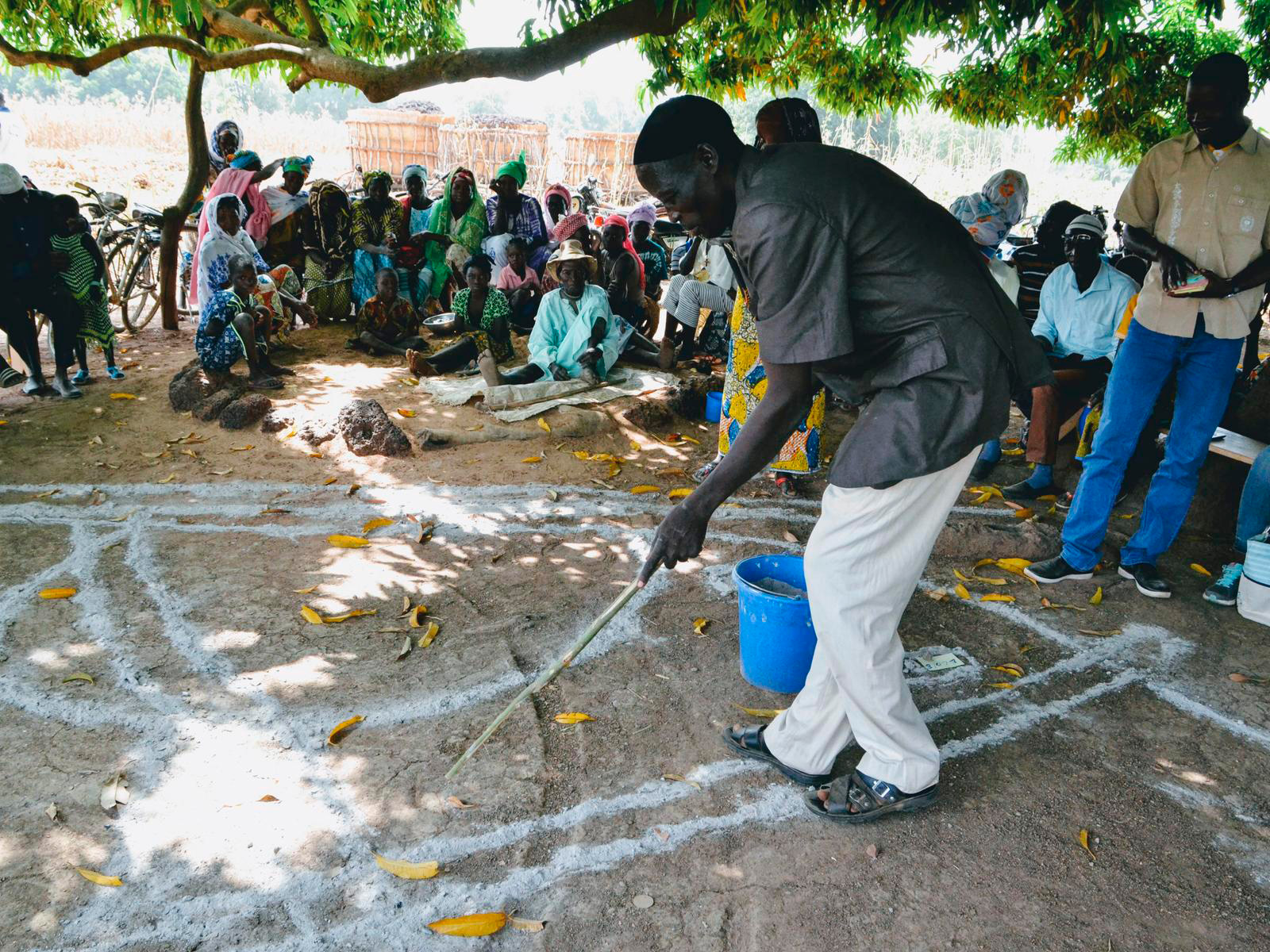
The CLTS approach is based on the community self-awareness of the evils of open defecation and on provoking a sense of shame.© UNICEF
The success of the CLTS method
In this first project the CLTS method (Community-Led Total Sanitation) was followed, which has been applied by UNICEF for over 10 years in its fight for the elimination of open defecation. The CLTS approach is based on the community self-awareness of the evils of open defecation and on provoking a sense of shame. The implementers then promote the belief that community members can gain the knowledge and resources to end a practice that causes disease, infant mortality, insecurity and indignity for women, and limits their possibilities for economic and social growth.
Around 15,000 people from over 2,100 families in 30 communities of the Center-West region were directly benefitted and around 30,000 more, from neighboring rural communities, as well as authorities and educational and health professionals in the intervention areas, were indirectly benefitted by the intervention.
After the start of this project, on the occasion of World Toilet Day that same year, the Foundation presented the NGOs it collaborates with the Manual for the construction of latrines and wells, a volume that compiles the expertise gained in its sanitation projects all around the world. The manual is a practical guide available to millions of users without the need for prior training in construction and sanitation; a set of guidelines to make sustainable latrine construction adaptable to different cultures, economies and climates available to any community.
In the second phase of the project, started in August 2020, the intervention was designed to follow the guidelines of the manual. The Ministry of Water and Sanitation and the Ministry of Health in Burkina Faso supported these guidelines, and so did the regional technical services, the communities and the ONGs that collaborate with them.
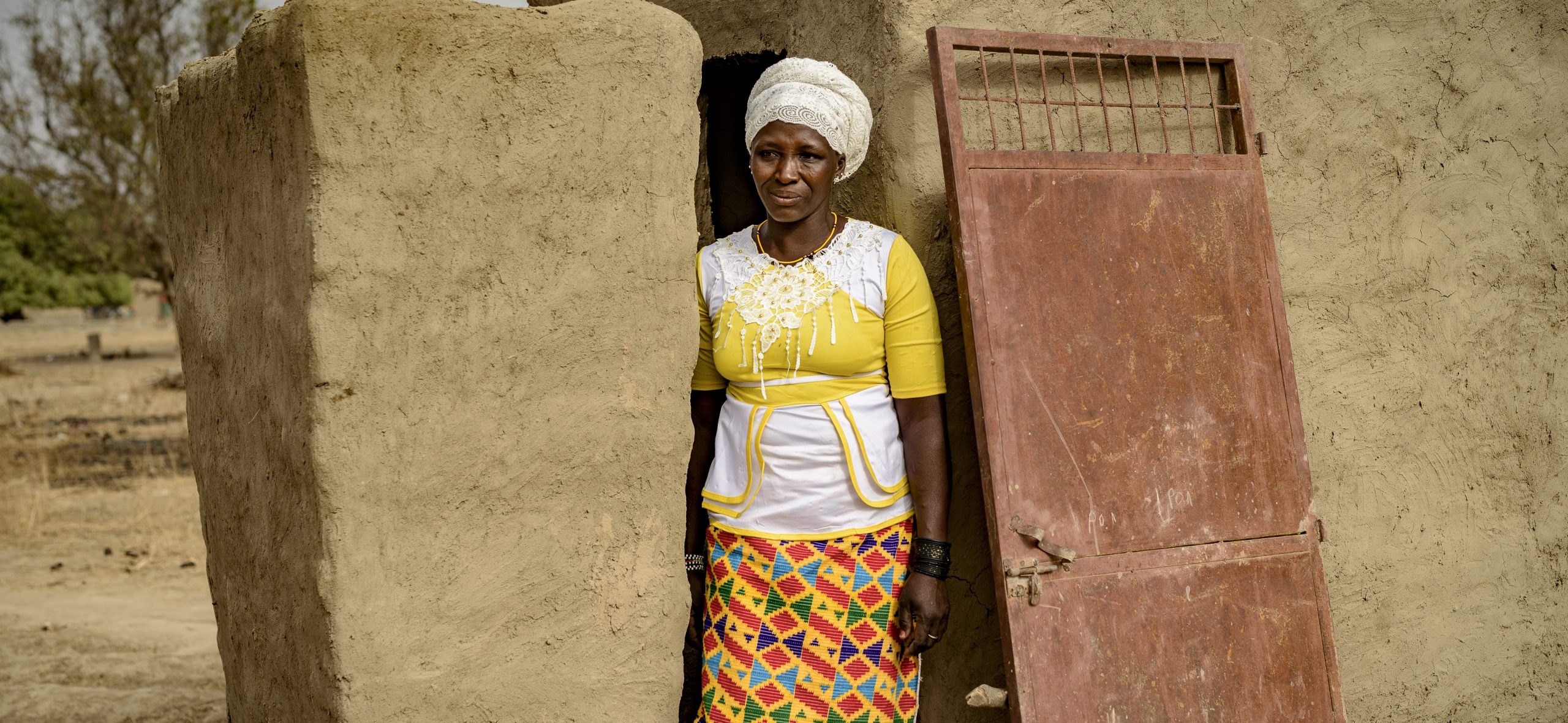
The success of the Foundation projects and of the collaboration with UNICEF lets us hope that in the near future Burkina Faso will be able to celebrate the fact that its entire territory is free of this degrading practice. © Carlos Garriga / We Are Water Foundation
A roadmap for the entire country
These four years of work in Burkina Faso in collaboration with UNICEF have provided a very valuable experience to be added to the one gained by the Foundation in 10 years developing aid projects for the access to water, sanitation and hygiene all over the world. This accumulated experience led the Burkina Ministry of Water and Sanitation to consider close collaboration with the Foundation with the goal of making the entire country free of open defecation.
During the celebration of the achievement of the ODF declaration in the province of Sissili, the director of the Foundation, Carlos Garriga, held a series of meetings with members of the Government and of UNICEF to establish the parameters of collaboration. In his meeting with Mr. Ousmane Nacro, Minister of Water and Sanitation, he highlighted the importance of this collaboration in view of the great challenge the entire country is facing: “The hardest part starts now. When you reach the highest level, it is difficult to stay there. That’s why we need to continue to follow up on these villages with awareness campaigns and through a new program that lets these communities know that they have not been abandoned. We need to move forward and to do it we need partners like the We Are Water Foundation, like UNICEF and others, because the problem of sanitation is cross-cutting and affects all ministries.”
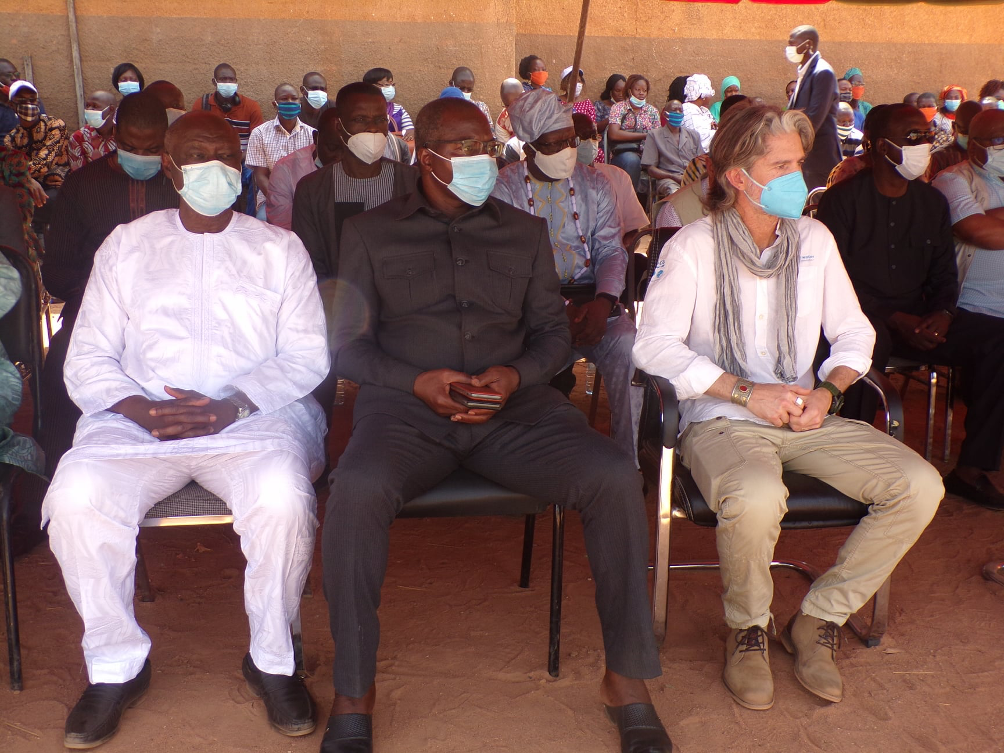
Carlos Garriga, director of the Foundation, at the event to celebrate the end of open defecation in the Sissili province, on the 26th March. © Ministère de l’Eau et de l’Assainissement
The success of the projects and of the collaboration with UNICEF lets us hope that in the near future Burkina Faso will be able to celebrate the fact that its entire territory is free of this degrading practice. The Foundation is also entering a new phase in which to apply its expertise and continue learning to help make SDG 6, water and sanitation for all, a reality by 2030. As declared by Ousmane Nacro, “development itself begins with sanitation in the places where we live, in our homes, in our villages, our provinces and even at a national level. I am convinced that Burkinabe people will be able to make this dream come true in the entire country.”


